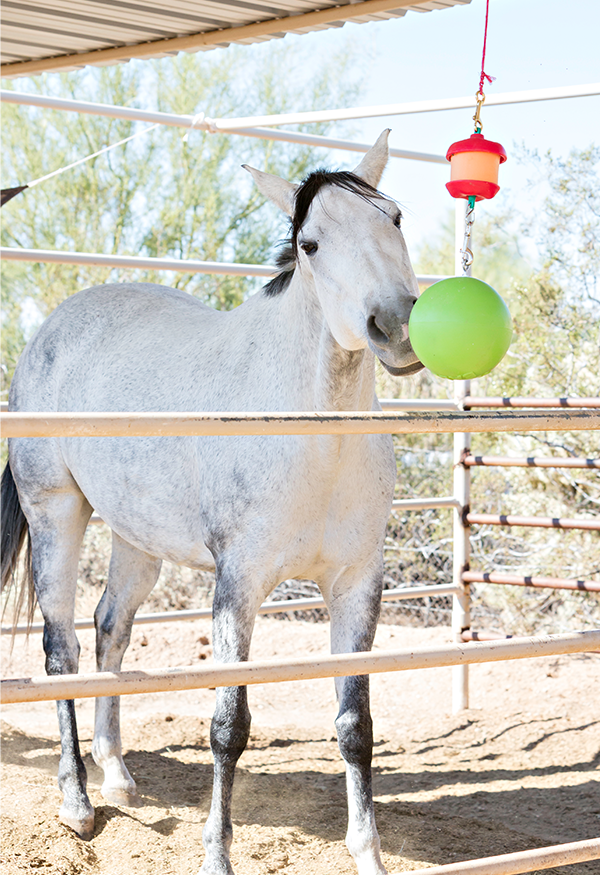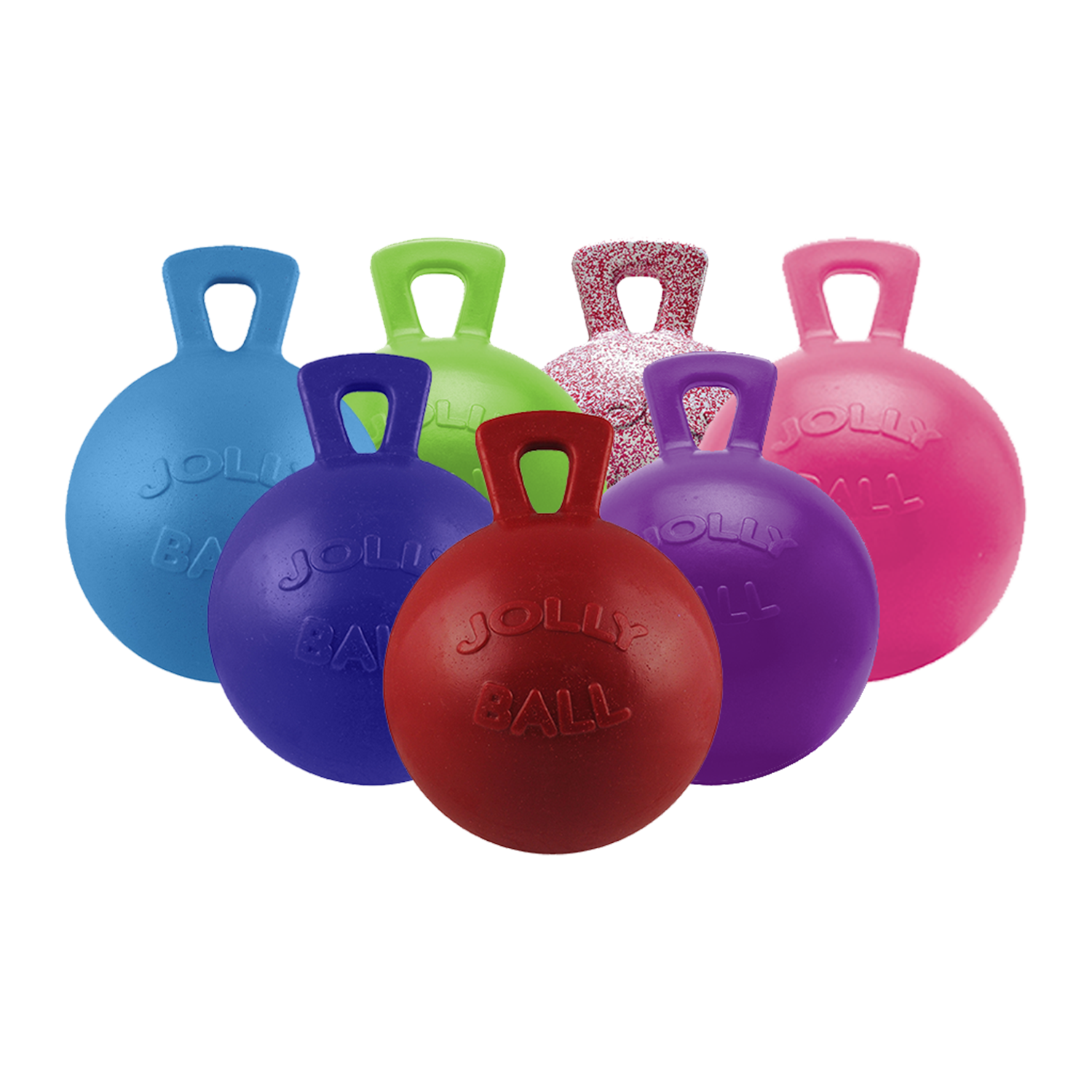Your Cart is Empty
FREE Economy Shipping on orders over $75
Menu

FREE Economy Shipping on orders over $75
National Fresh Breath Day: Importance of Equine Dental Health
August 05, 2024 3 min read
It’s National Fresh Breath Day! Fresh breath is typically a sign of good dental health, not just in you but in your horse too! Dental health is extremely important for everyone. While people can brush, floss, and visit the dentist regularly, horses rely on us for their dental care. They need you to help monitor their dental wellness and make appointments for routine dental checkups. Dental problems can impact a horse’s entire life. Ensuring your horse receives proper dental care is essential for ensuring their overall well-being and quality of life. Let’s look at why dental health is so important for horses, the signs to look out for, and how often you should have your horse visit a veterinarian for dental care.
Teeth Growth in Horses
When horses are young, between 2 to 5 years old, they have the most changes and dental maturation. They shed their baby teeth (aka their deciduous teeth) and get their adult teeth. Adult horses, between 5 to 18 years old, need to maintain a correct bite plane. Since horses mouths are uneven, their teeth need to be monitored to make sure they are still able to properly grind and eat their food. This grinding process can cause teeth to become sharp in their mouths, which is why horses need dental work done to flatten their teeth so they do not hurt the inside of their mouths. Senior horses, who are 18+ years old, begin to wear out their teeth and other teeth can become overgrown as a result. This creates issues for them to eat their food and may require special nutrition on top of regular dental care.
Common Dental Problems
Some common dental problems that can occur are: lacerations or ulcers of cheek and tongue caused by sharp points on the cheek teeth, retained caps or baby teeth that have not fallen out, discomfort from wolf teeth and bit contact, hooks on the upper or lower cheek teeth from misalignment, long or sharp bridle (canine) teeth interfering with insertion and removal of the bit, lost or broken teeth, abnormal or uneven bite planes (malocclusion), excessively worn teeth, infected teeth or gums, misalignment, and periodontal (gum) disease.
Signs of Dental Problems
Signs to look out for are: bad-smelling breath (halitosis), excessive drooling, dropping partially chewed food (quidding), reduced appetite, difficulty eating, slow eating, food packing within cheeks, poorly digested food in manure, weight loss, nasal discharge, breathing difficulty, facial swelling, tipping their head to only chew food on one side of the mouth, tossing, tilting, or shaking their head, mouthing the bit, or poor performance. If you notice any of these signs, contact your veterinarian and have them examine your horse.
How to Help Your Horse Stay Healthy
The best way to keep your horse healthy is through routine checkups. It is recommended that horses have a dental checkup at least once annually. For young and older horses, biannual checkups are suggested. Staying on top of this routine will help you catch any issues early so you can treat them before they become a real problem. In between checkups, you can feed your horse hay or treats like apples and carrots to help clean away plaque buildup, clean teeth and gums, and stimulate salivation to aid in digestion.
Want more? Click here for more fun and helpful content!
HAVING A JOLLY GOOD TIME?
Keep the good times going! Sign up to receive monthly treats directly to your inbox!

TAKE 10% OFF
Signup for emails and take 10% off your first order!

















